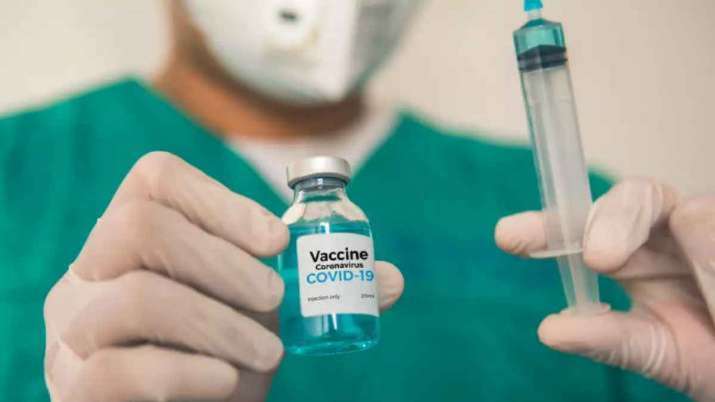Britain on Wednesday approved the coronavirus vaccine developed by Oxford University and AstraZeneca paving the way for India to clear the vaccine as well which has already been manufactured by the Pune-based Serum Institute of India (SII).
SII has already produced around 50 million doses of the Covid vaccine called Covishield, which is based on the technology from UK pharma giant AstraZeneca and Oxford University. With the UK clearance coming through, India’s Subject Expert Committee has also decided to hold a meeting today for approving the SII vaccine for mass use. A senior government official said the SEC is set to meet anytime today to consider the application of Serum Institute of India's for emergency use authorization of its Covid-19 vaccine.
“Everything is ready for rollout. We are only waiting for regulator’s review. Which city will get the vaccine first depends on the government,” an SII official had said last week. Britain has already ordered 100 million doses of the vaccine, and the government said it had accepted the recommendation from the Medicines and Healthcare products Regulatory Agency (MHRA) to grant emergency authorisation. The Indian authorities have also been in touch with MHRA and preparations for distribution of the vaccine in the country are in fully swing with dry runs already carried out in four states.
In November, Serum Institute of India had approached the government’s subject expert committee for vaccines (SEC) to get approval, but was asked to provide data from the AstraZeneca-Oxford study that was submitted to the UK regulator. The clearance from the UK regulator for the vaccine will now speed up SII’s approval in India. The approval is a vindication for a shot seen as essential for mass immunisations in the developing world as well as in Britain.
“The NHS (National Health Service) will be able to deliver these shots into people’s arms at the speed at which it can be manufactured,” UK Health Secretary Matt Hancock told Sky News. “I am also now highly confident that we can get enough vulnerable people vaccinated by the spring that we can now see our route out of this pandemic.” He said hundreds of thousands of doses would be available to administer in Britain next week.
Prime Minister Boris Johnson called the approval a “triumph for British science.” The vaccine is crucial for developing countries as it is cheaper and can be stored and transported under normal refrigeration, unlike the Pfizer and Moderna vaccines which have to be kept in deep freezers at -70 degrees Celsius (-94 Fahrenheit). AstraZeneca said the authorisation was for a two-dose regimen, and Hancock said the MHRA would set out more details on dosing later on Wednesday.
AstraZeneca Chief Executive Pascal Soriot said the vaccine “has been shown to be effective, well-tolerated, simple to administer and is supplied by AstraZeneca at no profit”. He also told BBC radio: “Our belief at this point is that this vaccine should be effective against the new variant.”
AstraZeneca’s late-stage trials showed 62 per cent for participants given two full doses several weeks apart – above the 50 per cent usually considered adequate by regulators – but 90 per cent for a smaller sub-group given a half dose and then a full dose. AstraZeneca did not specify which dose regime had been approved, but researchers said approval was the most important thing.




















